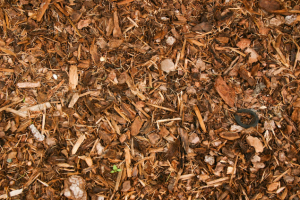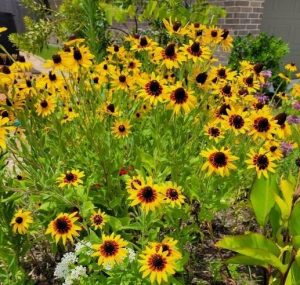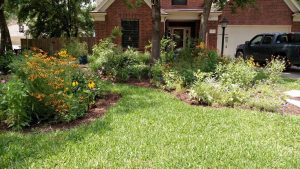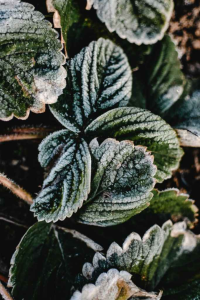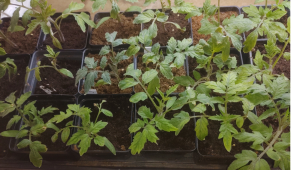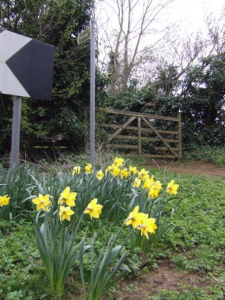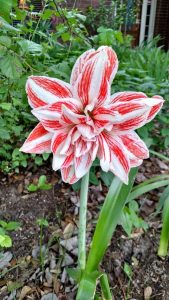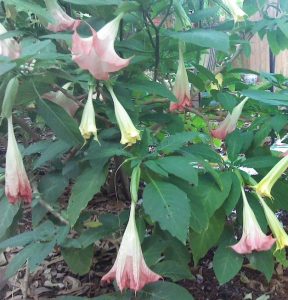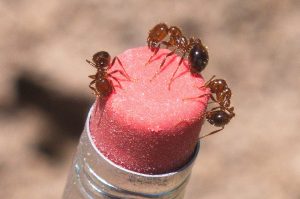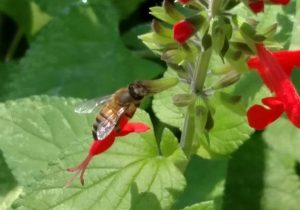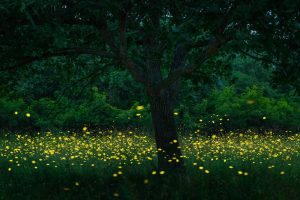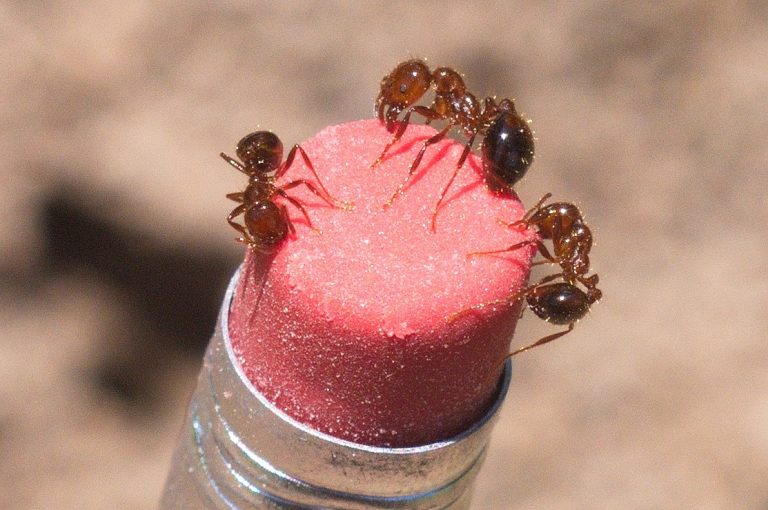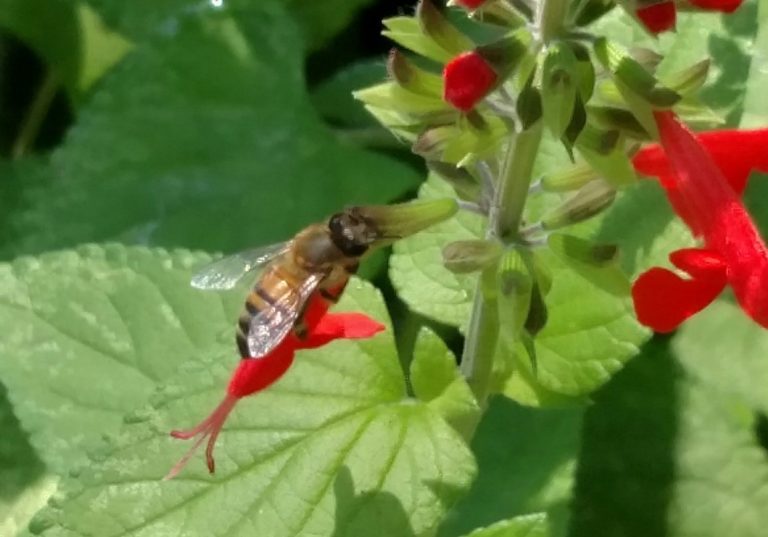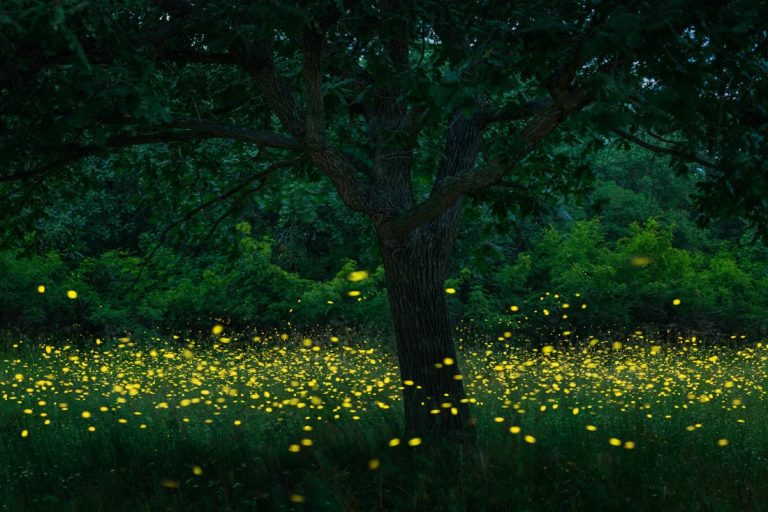As St. Augustine grass goes dormant in the fall, many homeowners over seed their lawns with winter rye. While winter rye does add a lush greenness to an otherwise dull lawn, homeowners may want to rethink this habit.
- Save water. Winter rye needs watering three times a day for the seed to germinate. Once established, ryegrass needs watering every three to four days. Dormant St. Augustine needs little or no water.
- Save money. In much of the area, annual sewer rates are determined by the amount of water used during the winter months of December, January and February. This is typically when the least amount of water is used. The watering requirements for winter rye increases the amount of water used dung that period, thus raising sewer bills for the rest of the year. Additional costs include mowing, labor and cost of seed.
- Prevent fungal diseases. Although damage from take-all patch and brown patch becomes evident in late spring and summer, these diseases actually attack St. Augustine in the winter. Other fungal diseases like rust and powdery mildew are common in winter rye. Winter rye seed may be infected with one or more of these fungal diseases. Irrigation during the winter actually encourages these to infect and damage the lawn.
- Save on fertilizers. St. Augustine does not require fertilization in the winter. Winter rye usually does.
- Prevent pests from infecting St. Augustine. Rye grass attracts army worms, wire worms and aphids, all of which can wreak havoc with St. Augustine. Many of these insects can overwinter in the topsoil and return in spring to re-infest the lawn.
- No need to scalp lawns. Planting winter rye usually means scalping the lawn first. The problem here is that St. Augustine should NEVER be scalped. St. Augustine spreads by above-ground stolons. Scalping severely damages the plant.
- Decrease noise pollution. While some enjoy the droning of mowers and blowers, these noises may not be the most welcome sound while sitting in the backyard on a mild winter day.
- Preserve the quality of water. We don’t live in a vacuum. Foregoing the planting of winter rye means less fertilizers, pesticides, herbicides and fungicides will be used. A significant portion of water pollution of our streams and waterways comes from runoff of these products.
- Give your St. Augustine a break! Over seeding with winter rye can be very stressful for St. Augustine. Scalping the lawn to plant ryegrass stresses it. In spring, rye competes with St. Augustine for water and nutrients, further weakening it.
- Save time and frustration. Seed germination problems, diseases, irrigation, fertilizing, noise, stress to the grass and to the homeowner, are additional reasons to forego winter rye.
BT








